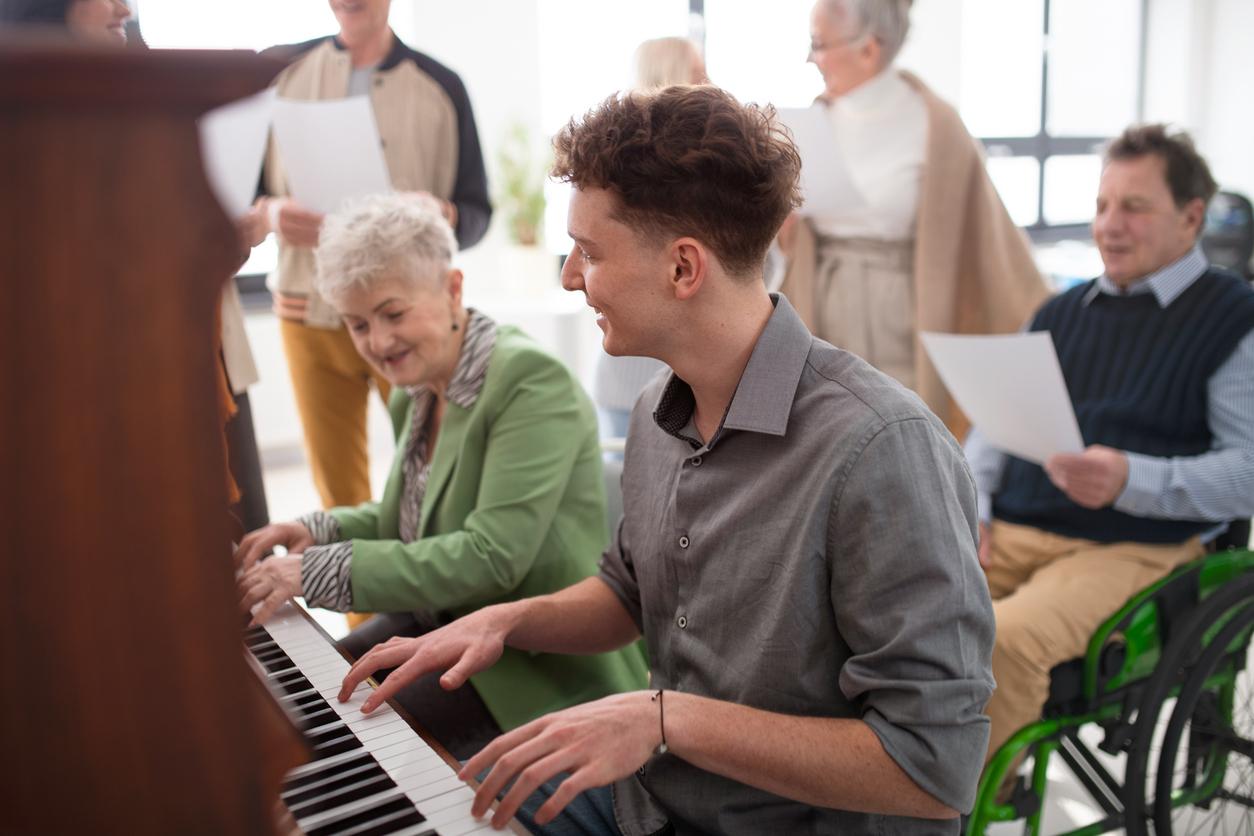After AIDS, the G8 is tackling dementia. The ministers of health and research pledge to significantly increase funds to set up treatment within 12 years.

A new case of dementia is diagnosed in the world every 4 seconds and the number of people affected should reach 135 million in 2050. This major public health issue mobilized, yesterday, all the ministers of health and research of the countries G8 * members who met in London.
For specialists in these brain diseases, the expectations are up to the stakes. They insist on the importance of funding basic research, of promoting international cooperation between researchers, but also on the need to promote home care for patients. Have they been heard?
Double the funds allocated to research
David Cameron, British Prime Minister and host of the summit, set the tone by saying that in recent years the world has tackled “malaria, cancer, HIV / AIDS, and we are also resolved today” to fight dementia. Concretely, the members of the G8 have made a commitment to double the funds allocated to research on these brain diseases. “A very ambitious objective in the current economic context,” underlines Prof. Philippe Amouyel, president of the Plan Alzheimer Foundation. Will the promises be kept? Only history will tell, but the political will is there. “
The other great ambition displayed by the members of the G8 is to find a treatment by 2025. Here again, the objective will not be easy to achieve, say the specialists but the ministers of health and research have sought to give themselves the means to achieve this. The first lever is international collaboration between researchers. To promote it, the members of the G8 are committed to developing the exchange of data or to pooling imaging infrastructures, for example.
An ambassador at the service of innovation
But, while waiting for the research to bear fruit, the daily lives of patients and their families must also be improved. The G8 ministers call for “greater innovation in the service of the quality of life of patients and their caregivers, while reducing the emotional and financial burden”. To boost innovation, the G8 will appoint an ambassador in the service of the fight against dementia. Its mission will be to find funds from Foundations, the public and private investors to create an “innovation” fund.
Britain was in favor of setting up a global dementia fund, modeled on the Global AIDS Fund, but the idea has not been adopted for the time being. The AIDS model is indeed not entirely reproducible. “For HIV, we had therapies that were not accessible to the greatest number,” explains Philippe Amouyel. This is not the case with pathologies like Alzheimer’s. But the ambassador perhaps foreshadows the creation of a fund in the future ”, when the research has borne fruit.
* G8 members: United Kingdom, France, Germany, Italy, Canada, Japan, Russia and United States
.

















